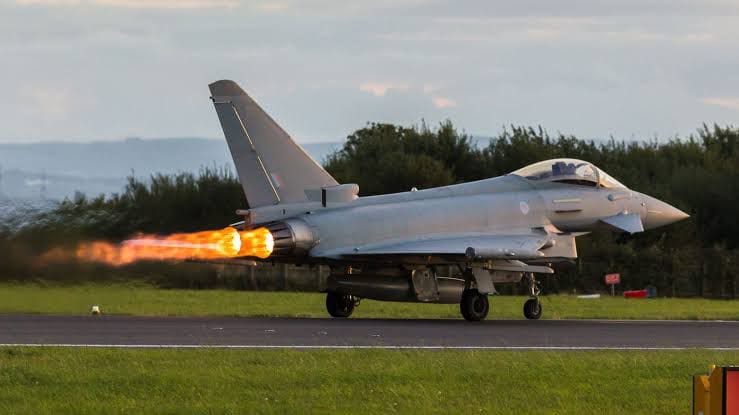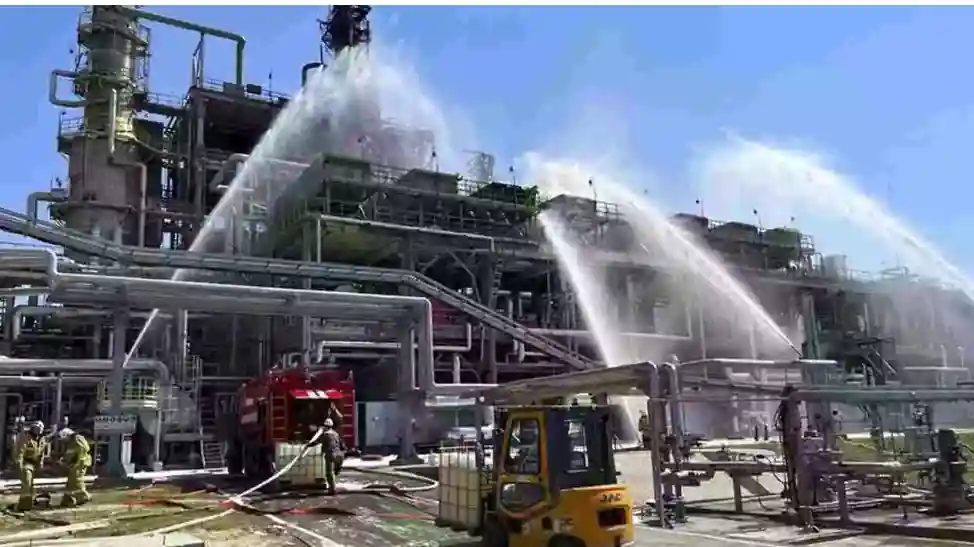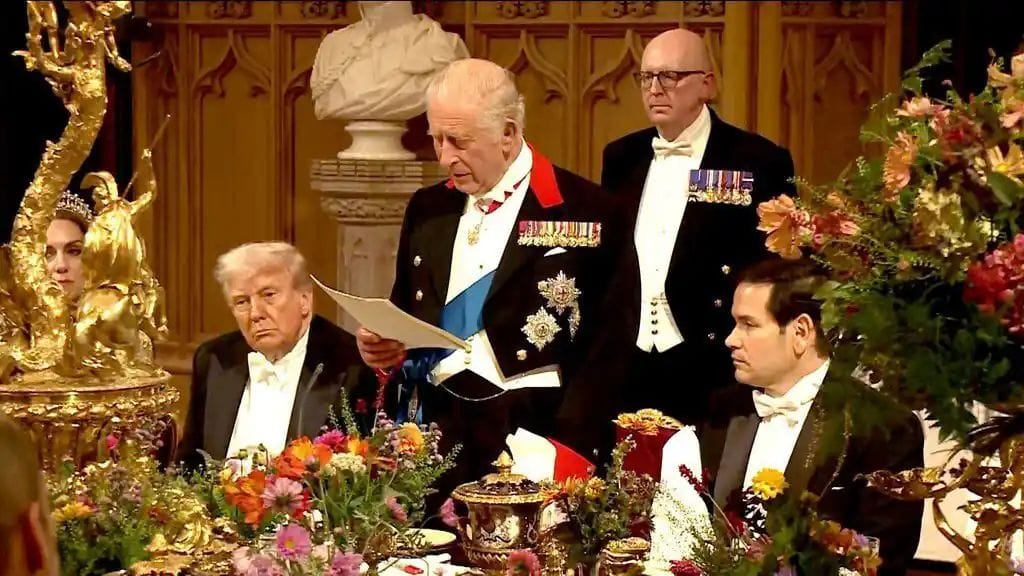UK to deploy RAF jets to Poland amid Russian drone threats, strengthening NATO air defence and boosting readiness along the alliance’s eastern flank.
The United Kingdom has launched a decisive response to escalating Russian drone activity in Eastern Europe by deploying Royal Air Force (RAF) jets to Poland.
The RAF jets Poland deployment is part of NATO’s broader efforts to strengthen its eastern flank and protect allied airspace against repeated violations.
Last week, NATO forces intercepted multiple Russian drones that entered Polish airspace, prompting immediate concern among member states.
Prime Minister Sir Keir Starmer confirmed in an interview with Channel 4 News that Britain would provide “further air defence over Poland” to counter escalating threats.
“This is not a one-off situation,” Starmer said. “Only weeks ago, we witnessed attacks on the British Council in Kyiv, strikes on the EU embassy, and direct hits on the Council of Ministers in Kyiv.
Russia is clearly intensifying its aggression, and we must respond appropriately alongside our NATO allies.”

The deployment involves Typhoon jets from RAF Coningsby in Lincolnshire joining NATO’s Eastern Sentry mission, alongside aircraft from Denmark, France, and Germany.
To maintain extended operations, a Voyager air-to-air refueling aircraft from RAF Brize Norton in Oxfordshire will support the mission.
Defence Secretary John Healey highlighted the strategic significance of the deployment: “The UK is fully committed to NATO’s eastern flank.
The RAF jets Poland deployment not only strengthens our presence in the region but also demonstrates to Russia that aggressive actions will meet a coordinated allied response.”
The move comes amid diplomatic tensions, following the summoning of Russia’s ambassador in London, Andrei Kelin, over what the Foreign Office described as an “unprecedented violation” of NATO airspace.
In addition to Poland, Romania reported over the weekend that a Russian drone had breached its airspace and was intercepted by F-16 fighter jets.
Polish Prime Minister Donald Tusk called the recent incident “the closest experience to open conflict since World War Two.”
NATO allies have agreed that stronger air patrols along the eastern frontier are essential to prevent further provocations.
The RAF jets Poland deployment plays a key role in this strategy, ensuring rapid interception of any future violations.
A spokesperson for the UK Foreign Office underscored the broader message: “Russia should understand that continued aggression only strengthens NATO unity.
The RAF jets Poland deployment demonstrates our readiness, and any further incursions will be met decisively.”
This operation builds on previous deployments of RAF Typhoons to Poland. Between April and July, six jets were stationed in the country as part of NATO’s enhanced air policing mission.
During that time, they logged nearly 500 flying hours and conducted 20 scramble operations, often in coordination with Swedish aircraft.
Experts say the operation is crucial for deterring Russian provocations and reassuring NATO member states.
Dr. Helena Armstrong, a defence analyst, commented: “The deployment of RAF jets Poland deployment sends a clear signal that NATO is vigilant.
“It strengthens alliance cohesion and reassures Eastern European populations that their skies are protected.”
The evolving threat of unmanned aerial vehicles, including drones targeting both military and civilian infrastructure, has prompted NATO to maintain continuous air patrols.
By deploying RAF jets to Poland, the UK enhances NATO’s capability to detect, intercept, and neutralize these threats before they escalate into serious incidents.
Beyond operational readiness, the deployment underscores the UK’s role as a leading NATO ally.
RAF personnel in Poland participate in joint exercises, intelligence sharing, and training with allied forces, improving interoperability and readiness.
Such collaboration ensures that NATO can respond quickly and effectively to any emerging threats in the region.
The RAF jets Poland deployment also highlights the balance between military and diplomatic measures.
While the UK continues to pursue diplomatic channels, such as summoning the Russian ambassador, officials stress that credible military capability is essential to deter further aggression.
The visible presence of fighter jets reinforces NATO’s determination to uphold collective defence commitments.
Public and political reaction across NATO countries has largely been supportive.
Analysts argue that visible deployments of advanced fighter jets act both as a deterrent and as reassurance for populations in Eastern Europe.
Colonel James Rutherford, a military strategist, explained: “People in Poland and Romania need to know that NATO will respond if their skies are threatened. The RAF jets Poland deployment is a concrete demonstration of that commitment.”
Looking ahead, NATO emphasizes that vigilance must remain constant. Joint exercises, intelligence sharing, and continuous air patrols will be key to maintaining the alliance’s readiness.
For the UK, the deployment is part of a broader strategy to deter aggression, defend allied territory, and uphold international security norms.
The RAF jets Poland deployment represents a decisive, coordinated, and multifaceted response to growing Russian threats.
By strengthening air defences, signaling NATO unity, and demonstrating readiness, the UK and its allies are sending a clear message: any incursions into NATO airspace will be met with swift and resolute action.
The operation reinforces the importance of vigilance, deterrence, and collaboration in safeguarding Europe’s eastern frontier.


